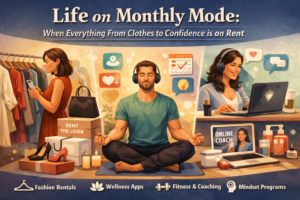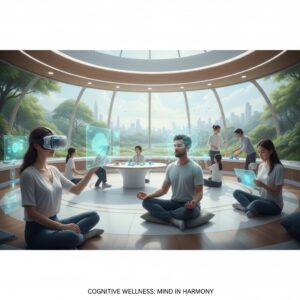The Future of Digital Identity: Are You More Than Your Data?
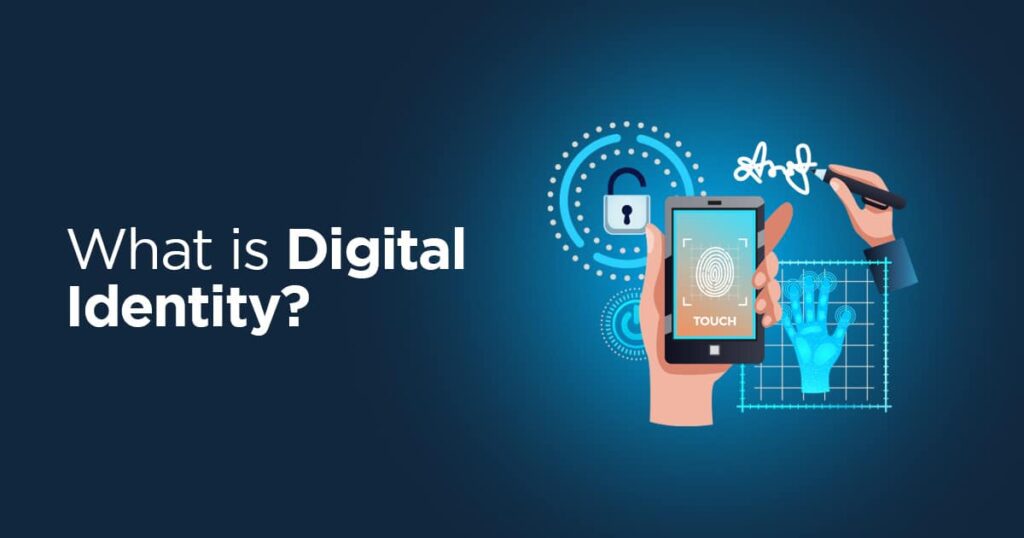
In today’s world, most of our life happens online. From shopping and chatting to working and banking, everything we do leaves a digital trace. These traces—your clicks, searches, and posts—create your digital identity. But here’s a big question: Are you just your data, or are you something more?
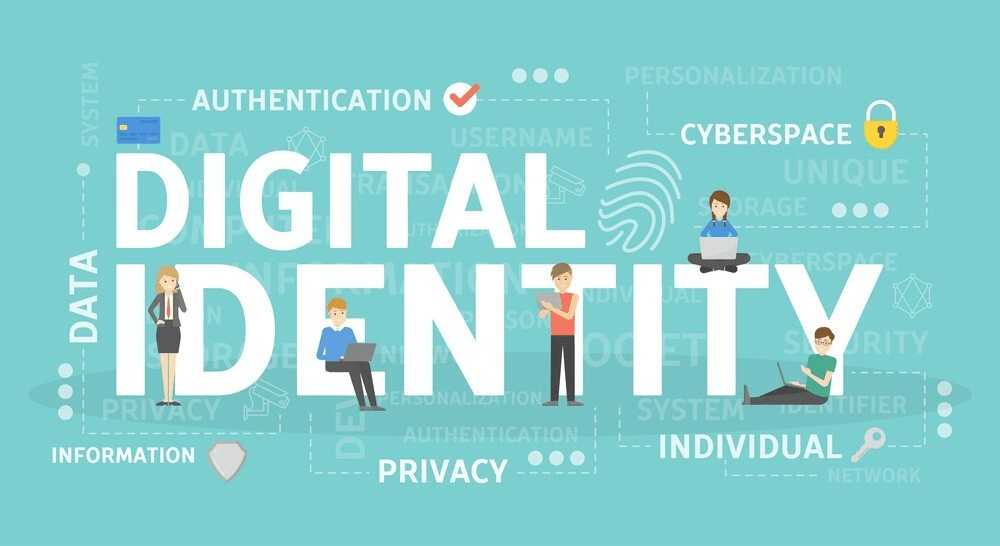
What Is Digital Identity?
Digital identity is the online version of you. It includes:
- Your name, phone number, and email
- Social media accounts
- What you buy or browse online
- Your photos, fingerprints, and face scans
- Even how you type or walk
This information is collected to build a profile that shows what you like, what you do, and sometimes even how you think.
How Digital Identity Is Growing
Countries and companies are creating digital ID systems. For example:
- India’s Aadhaar gives each person a number linked to their fingerprints and eye scan.
- Europe is making a digital identity wallet for public and private services.
- Phones like iPhones are starting to store IDs digitally.
These systems can make life easier—like faster airport check-ins or safer online payments—but they also raise privacy and safety concerns.
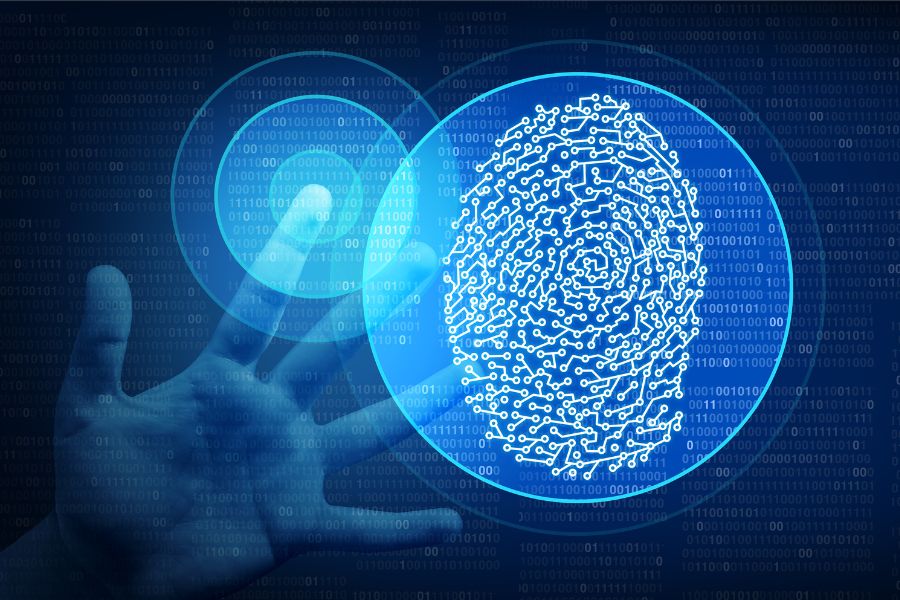
Are You Just Data?
Your digital data shows only part of who you are. It shows what you watch, like, or buy—but it doesn’t show your emotions, dreams, values, or real-life struggles. Still, companies and computers often use this data to:
- Decide which ads to show you
- Suggest jobs, products, or friends
- Even judge you for a loan or a job
This can feel unfair, because your full personality can’t be seen in numbers or clicks.
The Big Problem
As technology gets smarter, it can predict what we’ll do next. But this also means we might lose control of our choices. If a computer knows what you’ll click before you do, are you really free?
Also, when your data is online, it can be stolen or misused. Hackers, companies, or even governments might track you.
What We Need to Do
To stay safe and free in the digital world, we must:
- Have control over our data – You should choose what to share.
- Know how our data is used – Companies must be honest.
- Learn about digital safety – So we can protect ourselves.
- Build fair technology – AI should not judge or harm people.
The future of digital identity is exciting but tricky. Tech can help us in many ways—but we are more than our data. We are our feelings, stories, thoughts, and dreams. That can’t be captured by just numbers and clicks.
As we use more technology, let’s make sure it helps us stay human.

